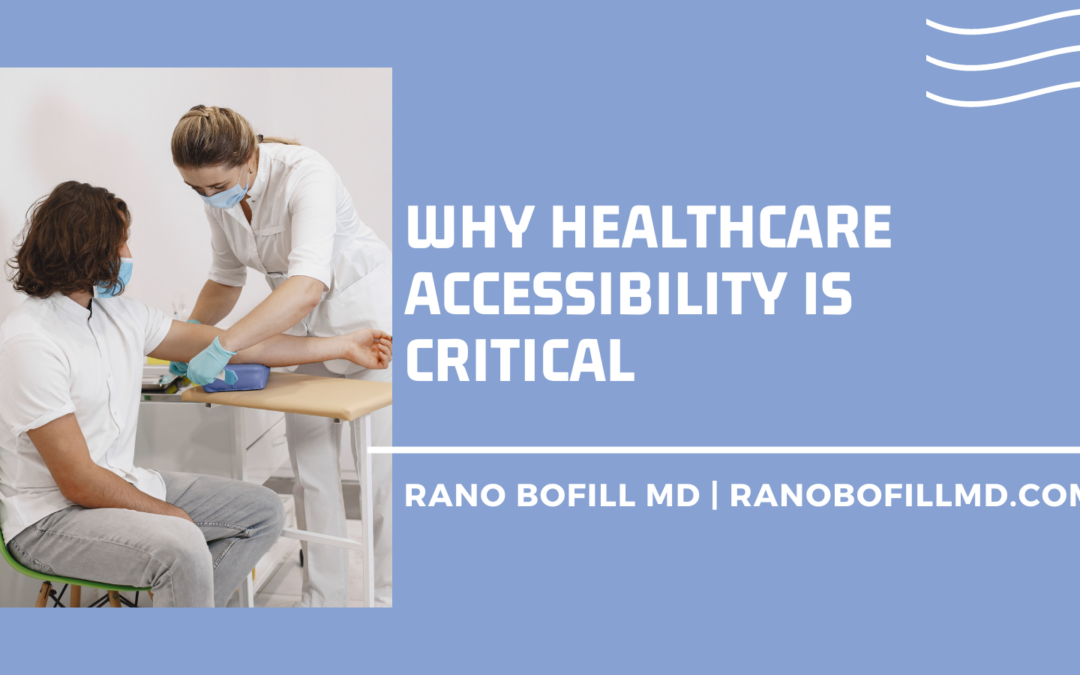Access to healthcare is a fundamental human right, yet it remains a challenge for millions worldwide. Healthcare accessibility refers to the ability of people to receive the care they need when they need it, regardless of their geographical location, socioeconomic status, or other factors. The lack of access to healthcare can have serious consequences, including poorer health outcomes, increased healthcare costs, and reduced economic productivity. Read on to explore the importance of accessible and sustainable healthcare and some challenges impacting patient access to healthcare.
The Importance of Accessible and Sustainable Healthcare
Accessible healthcare is essential for promoting public health and reducing health disparities. When healthcare services are accessible, people are more likely to receive timely and appropriate care, which can improve their overall health and well-being. Accessible healthcare also reduces the burden on emergency departments and other healthcare facilities, which can improve the efficiency of the healthcare system.
Sustainable healthcare refers to a healthcare system that is able to meet the current and future needs of its population while also protecting the environment and conserving resources. By adopting sustainable healthcare practices, we can reduce healthcare costs and improve access to care for everyone, regardless of their ability to pay.
Challenges Impacting Patient Access to Healthcare
Despite the importance of accessible and sustainable healthcare, many people still face significant barriers to accessing the care they need. Some of the top challenges impacting patient access to healthcare include:
Geographical Barriers: Many people live in remote or rural areas, making accessing healthcare services challenging. This is particularly true in developing countries, where healthcare facilities may be scarce or located far away from people’s homes.
Financial Barriers: Healthcare costs can be prohibitively expensive for many people, especially those without health insurance or high deductibles. This can make it difficult for people to access the care they need, even when it is medically necessary.
Cultural and Linguistic Barriers: Language and cultural differences can make it difficult for some patients to communicate effectively with their healthcare providers. This can lead to miscommunication and misunderstandings, which can impact the quality of care patients receive.
Healthcare accessibility is critical for promoting public health and reducing health disparities. Accessible and sustainable healthcare services can improve the health and well-being of individuals and communities while reducing healthcare costs and improving the efficiency of the healthcare system. However, many challenges remain, including geographical, financial, and cultural barriers that prevent people from accessing the care they need. By addressing these challenges, we can ensure everyone has access to the healthcare services needed to lead healthy and productive lives.
